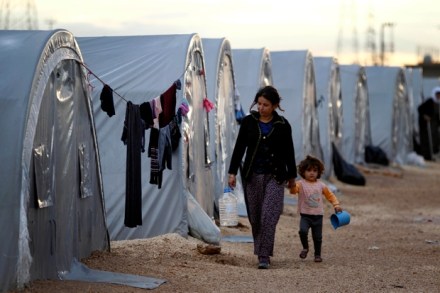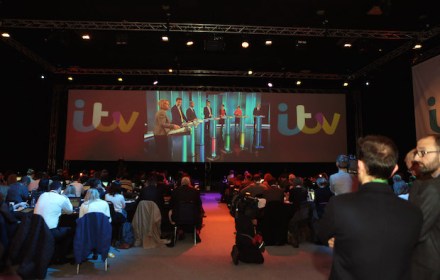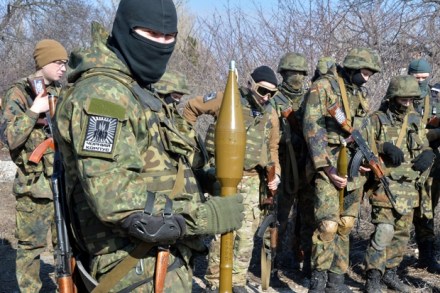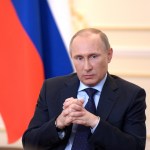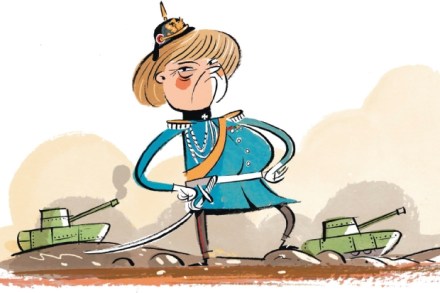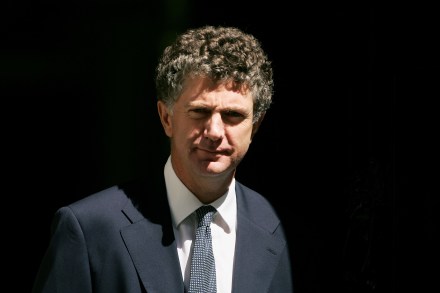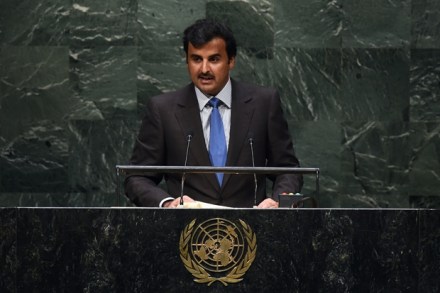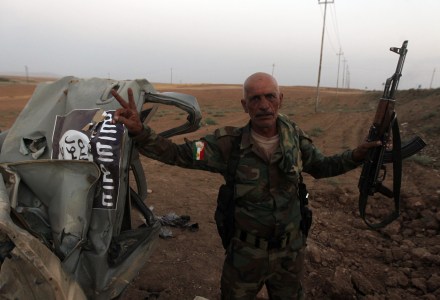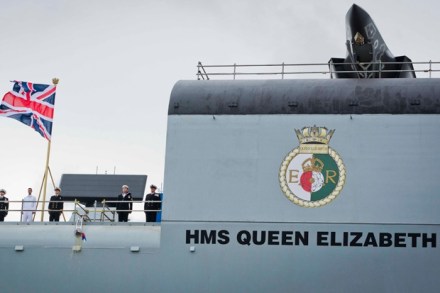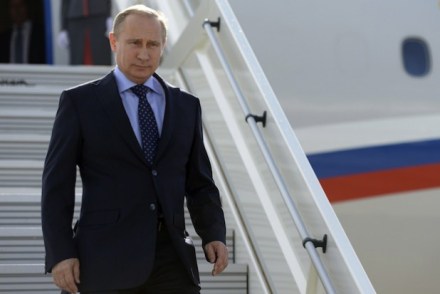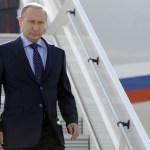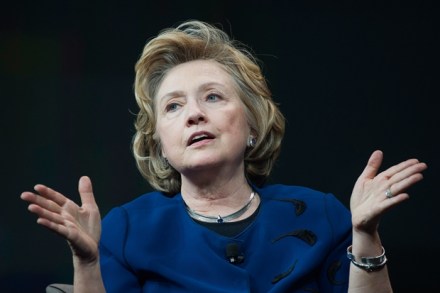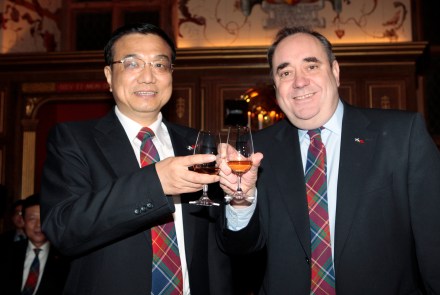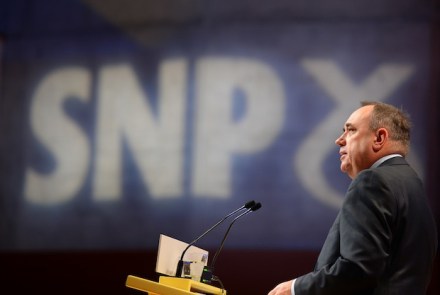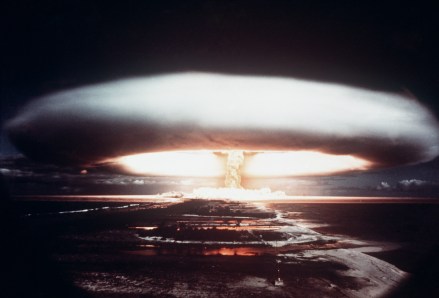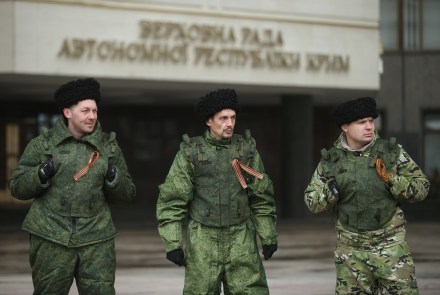Ed Miliband should be careful when discussing foreign policy errors
If someone accuses you of doing something that you haven’t done, there’s a really easy way of convincing them that you are not in fact guilty. The first thing you can do is deny the accusation. Very clearly, emphatically and categorically. Let me give you an example taken completely at random: ‘Are you accusing David Cameron of being personally to blame for the refugee crisis in Libya and hence the deaths of hundreds of desperate people in the Mediterranean?’ Now, can anyone think of a good way of answering that question which would be unequivocal and make it clear beyond any doubt whatsoever that this is not in fact what you
